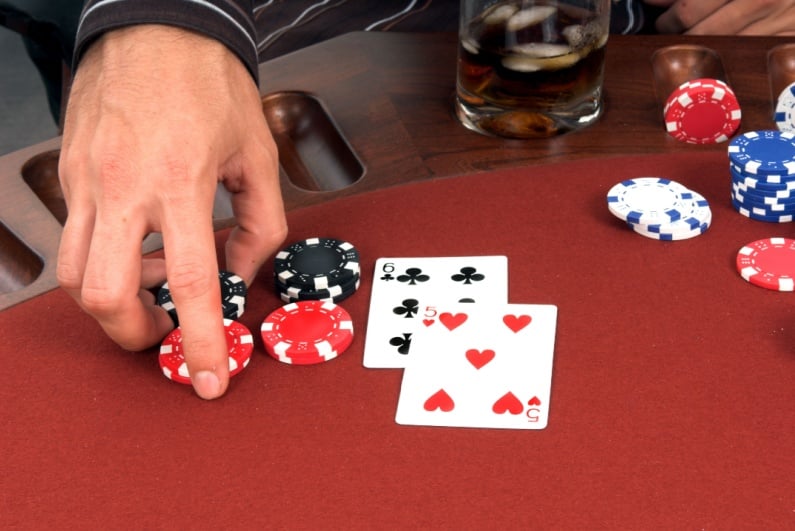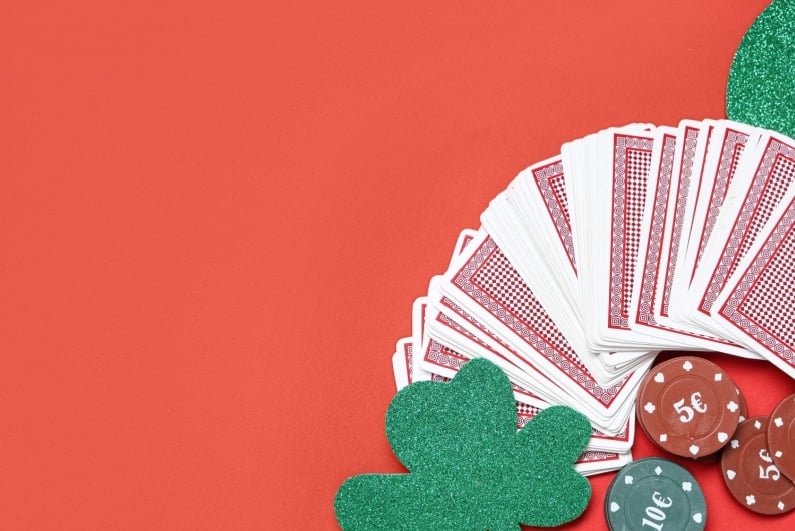Officially recognized
For 18 years, I’ve tried to argue to friends and family that I am an athlete. As I’ve put on weight through my 30s and now 40s, that’s been a harder sell. I’m not the physical specimen that I was in my salad days, by which I mean that period of my 20s when kebabs automatically came with some salad and my metabolism was more forgiving.
poker is now an officially recognized mind sport
Well, as of last Saturday, following a meeting and a vote by the members of the International Mind Sports Association (IMSA), poker is now an officially recognized mind sport. The game has finally joined chess, bridge, mahjong and Go as a mental sport that requires skill, strategy and concentration.
What are the consequences of this decision? First up, my parents and siblings will be force-fed humble pie this Christmas as I lord over them my status as a sportsman. My friends will also be made to apologize for all the times that they ridiculed me when I compared myself to my cousin who was at the time the Irish cricket captain.
Unprecedented and definitive
This categorization is important for poker, which exists in the overlap of skill game and gambling. The latter is what gets accentuated so credit to the World Poker Federation (WPF), a trans-continental network of 49 national poker federations, which lobbied and campaigned for this ruling. After IMSA’s announcement, the WPF President Igor Trafane released a statement:
“The World Poker Federation was built on the belief that, by joining forces, we can amplify our impact and protect the game we love… We have achieved something today that is both unprecedented and definitive [and] our mission now is to build the foundation that every major sport already has: standardized regulations, professional pathways, player protections, and international competitions.”
To celebrate the historic ruling, the WPF threw a party in São Paulo, Brazil, where the BSOP Millions festival is currently taking place. Guests of honour included poker professionals André Akkari, Rafael Moraes and Lauriê Tournier as well as Real Madrid’s Marcelo, tennis player Bruno Soares, MMA fighter Anderson Berinja, boxer Lila Furtado, and Brazil’s women’s national team captain Tamires.
Significant inroads
To some, this IMSA decision might seem like just a formal rubber-stamping but it should not be underestimated what this means for our industry. For people working on both the live and online product, it will provide growth opportunities as the perception of poker is improved.
inroads will hopefully be made in product development and with regulators
Significant inroads will hopefully be made in product development and with regulators who have suffocated the market over the past decade. It is certainly easier now to imagine better co-operation between governments, operators, national federations, and the regulatory bodies in different territories around the globe. For example, in October, the Colombian poker federation received an approval from the country’s Ministry of Sport, which now recognizes poker as a sport.
The implication of that recognition is that poker may now be included in future incentive and investment programs. The WPF is confident that this is just the first of many similar rulings, which poker’s new status can bring about. Partnerships and sponsorships should also be more forthcoming in the future as the game has shedded an impediment.
Shameless braggadocio
This is a watershed moment for poker and something for which the industry has fought for over a decade. In 2014, Pokerstars signed Jennifer Shahade as their ‘mind-sports ambassador.’ tasking her with the job of reframing poker in the eyes of the public. I attended the UK & Ireland Poker Tour Isle of Man that year where she hosted a chess/poker hybrid event and have been impressed by various initiatives by her and Pokerstars down the years.
At Unibet, where I have been a brand ambassador for eight years, it has always been part of the remit to accentuate the skill and strategy aspects of poker, differentiating it from the other verticals offered by the company. My colleague in that role, Dara O’Kearney, was an international ultra-runner and an excellent chess and bridge player before he found poker in his 40s.
This decision is a victory for everyone who pushed for poker’s elevation, its evolution from the backroom activities of Texas road gamblers to an engaging, televisable, intellectual pursuit. Players will benefit from poker’s increased legitimacy as it moves out of the shadow of degeneracy and towards the light of gamesmithery. Indeed, the consequences of this IMSA decision should extend well beyond shameless braggadocio at the Lappin household this holiday season.




